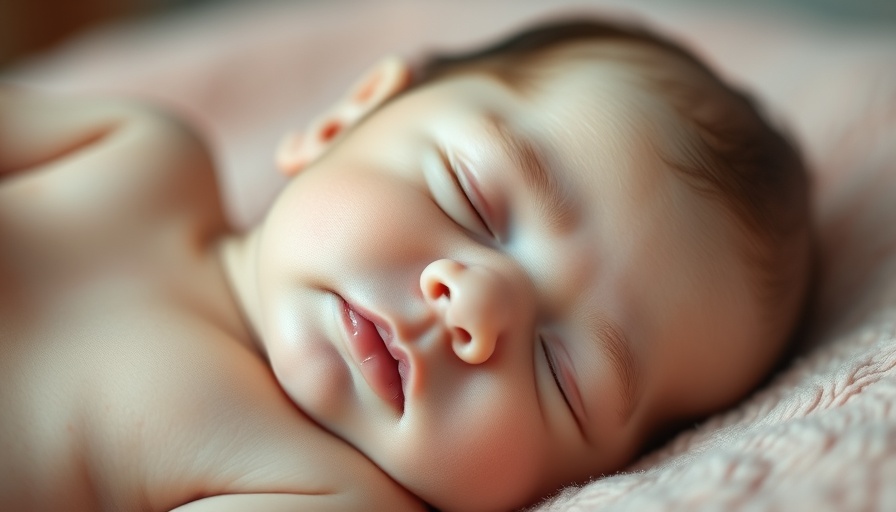
Understanding Body Awareness in Infants
Recent research from the University of Vienna has unveiled a groundbreaking discovery regarding infants’ understanding of their own body signals. The study highlights that babies as young as three months possess the ability to perceive their own heartbeat and breathing rhythms. This ability not only plays a pivotal role in emotional and mental development but also provides foundational elements for self-awareness and identity.
The Connection between Heartbeat and Breathing Perception
Infants' perception of their internal bodily signals evolves during their early years. The findings suggest that while the ability to perceive one's heartbeat remains stable, significant improvements occur in recognizing breathing patterns throughout the second year. Interestingly, this perception of heartbeat and breathing appears to operate independently—a fact observed similarly in adults. This suggests that the mechanisms underlying body awareness are more complex than previously assumed.
Innovative Research Methods Highlight Insights
One of the key challenges in studying infants' body awareness lies in their inability to verbally communicate their experiences. The researchers ingeniously employed eye-tracking technology to observe how infants reacted to animated figures moving in sync with their pulse and breathing. This innovative approach revealed that infants displayed greater attention toward the figures that matched their rhythms, indicating a sophisticated level of awareness.
Implications for Developmental Psychology and Care Practices
Understanding how babies perceive their heartbeat and breathing can reshape approaches to early childhood care and developmental psychology. The findings encourage parents and caregivers to be more attuned to infants' bodily signals, paving the way for improved interactions. This awareness can foster healthier emotional connections, enhancing the caregiver-child bond during crucial developmental stages.
Future Prospects in Research
The implications of this study extend beyond basic understanding, offering a foundation for future research in child psychology. As more insights emerge into how early body awareness contributes to emotional and mental development, practitioners and experts can develop targeted strategies that align with this understanding— ultimately benefiting the holistic care of infants.
 Add Row
Add Row  Add
Add 




 Add Row
Add Row  Add
Add 



Write A Comment